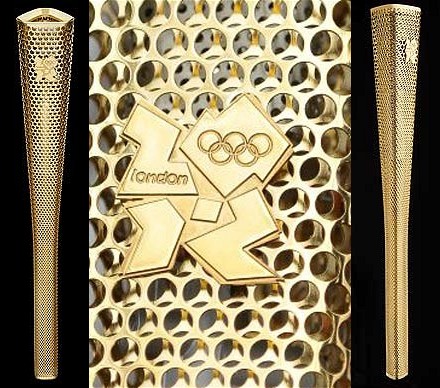Donald Trump is the show business crossover. He is not one of the ugly people, he is the ultimate showman. He’s the circus barker as well as the ringmaster, the lion tamer, and the trapeze artist. He loves the stunts where the crowd all goes “ooh!” and “aah!”
Donald Trump never wanted to be president. It’s his worst nightmare come true. But he’s going to make the most of it and fortunately for him his game plan is still in play. It’s the same game plan he had from the day he put himself forward as a candidate.
Donald Trump knows show business. His new show was to be the Republican Party. It was to be a reality tv show where he runs for president and makes himself the hero of the disillusioned masses by saying the most outrageous things about his opponents.
Donald Trump expected that he would not win the nomination. He did everything he could to lose it while at the same time playing to the crowd. Then, the establishment would take over and a traditional candidate would finally win just as he and everyone expected.
Donald Trump would be a martyr. He would do the circuit of late night tv shows giving his account of how the establishment robbed him of the nomination. There would be a lucrative book deal (he wouldn’t have to write it himself) and a new prime-time tv show.
Donald Trump was too good. One by one, his opponents fell by the wayside. The slightest verbal slip, the slightest blemish was enough to finish them off. Paradoxically he could make the most outrageous statements and his standing would only increase.
Donald Trump romped home to win the Republican nomination in a result that stunned the nation. It stunned the world. Which suited him fine. The game plan was still good, but his winnings would now be significantly higher. He was going to break the bank.
Donald Trump threw himself into the election. His “drain the swamp” and “lock her up” rhetoric energised the masses. The circus crowd was going wild with excitement, the ultimate showman knew when to crack the whip, and when to feign falling off the trapeze.
Donald Trump now dreamed not just of a prime-time tv show, but of having his very own network. He wouldn’t just break the bank, he would *own* the bank. And the better his numbers looked, the better his claim of being robbed of the presidency would look.
Donald Trump thought those hopes and dreams had vanished when he won the presidency. He might even have shared Melania’s tears. But he was quick to bounce back. His game plan was modified for the first time: he was going to play the long game.
Donald Trump was going to spend the next four years reshaping America. He knew he had the right instincts, he knew how to get results. America had taken the option on his pilot reality tv show and the first season was now in production. He was in his element.
Donald Trump surrounded himself with people he believed in. They had to be loyal to him, first and last, but he wanted to believe they would actually Make America Great Again. He appointed people who shared his love of the new business ideology: disruption.
Donald Trump has seen how the new wave of business ventures use disruption to build new markets and vast fortunes. He has been a disruptor in his own way throughout his own career and from now on he is going to disrupt every facet of American life.
Donald Trump loved to give two people the same job. He would watch them fight it out, competing with each other to succeed. This disruption was good in his view, and the White House was set up that way. New business was the game now, not old politics.
Donald Trump applied the same methodology to the great offices of America. He appointed people who had been the fiercest critics of a department to run it, to fight against their own department from the inside, to challenge head-on the people and their policies.
Donald Trump believes passionately in America. He also believes passionately in being wealthy. Very, very wealthy. And while he may, for the time being, listen to advice that he cannot personally engage in business he sees no reason why his family shouldn’t.
Donald Trump believes he is doing a fantastic job for America. So fantastic he believes he could win re-election if enough voters also believe it. And he knows full well, while the rest of us are still in denial about it, that facts don’t matter. It’s all about perception.
Donald Trump will continue with his game plan which has worked well so far. He will carry on with his stunts, he will keep making the crowd go “ooh!” and “aah!”. He will carry on disrupting the way politics and business is conducted, in America and worldwide.
Donald Trump has just one potential problem: impeachment by those pesky people who still believe facts matter. That would be bad for him, but it would be far worse for America because if you think things are bad now, just wait and see how bad they become.
Donald Trump is all that stands between America and the lunatics who stand behind him, waiting for him to fall, willing him to fall. Plotting his fall. All the good men (and women) in American politics on the Republican side have gone or are on their way out.
Donald Trump may soon be the last sane Republican in Washington. That thought should frighten every American. So how much do you want that impeachment now? How much do you want to replace the ultimate showman with unconstrained ideologues?
Donald Trump. God bless the President. God save America.

